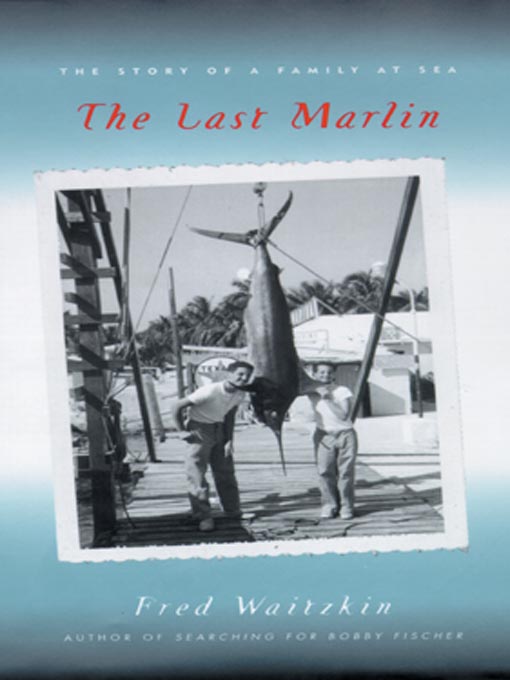The Last Marlin is an unforgettable memoir of growing up in the fifties. Young Fred is a Jewish boy stretched between the divergent values of parents who cannot tolerate one another. Fred's father, Abe, is a brilliantly talented salesman whose relentless will drives him to succeed, whatever the cost. He marries Stella, an abstract artist, the student of De Kooning and Hans Hoffmann, but also the daughter of a wealthy industrialist with whom Abe forges an alliance. When the marriage founders, Fred's world is assaulted and he must negotiate the tense family divide.
Scenes range from Long Island synagogues and smoky nights with legendary painters to the boats of drug smugglers in Bimini and the marlin-rich waters of the Gulf Stream, where Fred sinks boats and battles thousand-pounders, believing that fishing is the answer to all problems.

